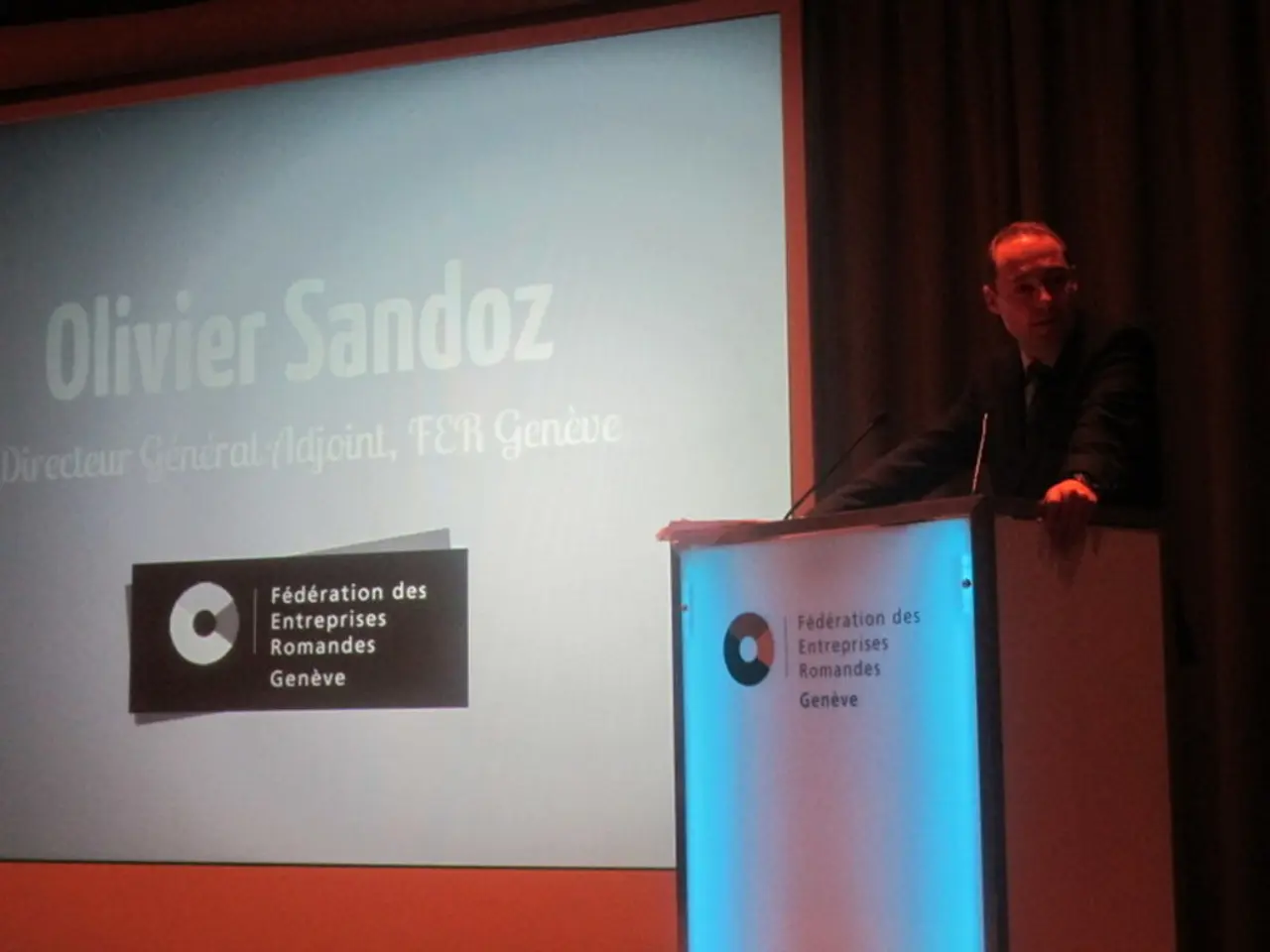Electric car enthusiasm has waned.
The euphoria surrounding electric vehicles (EVs) in Europe has taken a dip, with only 41% of Europeans now seriously considering switching to an electric vehicle, down from 48% a year ago. This shift has created an opportunity for startups and new mobility providers to revolutionize the EV market, offering solutions that go beyond the traditional focus on range, charging times, and government subsidies.
One such example is Finn, a German startup that is making sustainable and affordable EVs accessible to more consumers through subscription-based models. Finn offers EVs on a flexible basis, with contract durations ranging from six to 24 months, starting at €259 per month. The startup recently partnered with BYD, acquiring 5,000 EVs, including models like the Dolphin and Atto 2. This partnership has contributed to a roughly 500% increase in BYD registrations in Germany this year.
Meanwhile, Electra, a French startup, is focusing on installing EV charging stations and supporting the EV ecosystem. Their growth reflects the rising demand for integrated EV infrastructure and the growing importance of data-driven charging services in mobility.
While other French startups in mobility and transportation are notable for innovation and funding, specific information about their subscription or data-based EV services is limited. However, the broader push towards new forms of electric mobility in Europe is evident, with innovations in electric scooters, bikes, and other personal electric vehicles becoming more prevalent.
The shift in the EV market from ownership to access, and from status to utility, has opened up a significant opportunity for new and flexible business models. Startups like Finn and Electra are demonstrating that mobility can be offered flexibly, shared, and affordably, rather than being something that is bought.
The current state of the EV market has largely overlooked the importance of emotion and convenience, with pricing still being dominated by the idea that buyers should either afford a €45,000 car or continue driving internal combustion engines. However, for a generation that is familiar with services like Netflix, a subscription-based approach to EV ownership sounds appealing.
As the car transitions to e-mobility, the industry must react to make the car a consumer good. Manufacturers must become more flexible and support dealers by enabling short-term leasing and rental offers to meet the demand for variety and the lowest possible price. The automotive industry has neglected to transform the electric vehicle into an experience, and it is these new players who understand mobility as a service that are likely to lead the next wave of mobility solutions.
In conclusion, the electric vehicle market requires new and flexible business models to address the structural problems of production costs, network overloads, and contradictory energy policies of European states. Finn's subscription model partnership with BYD stands out as a key example of revolutionizing EV access in Europe, combining flexible subscriptions and data insights to expand user adoption effectively. Electra complements this ecosystem with infrastructure supporting EV users. As the industry moves towards a more consumer-centric approach, it is clear that the future of EVs lies in the hands of those who can offer personalized, convenient, and affordable mobility solutions.
[1] https://www.byd.com/en-gb/press-release/byd-and-finn-partnership-to-accelerate-the-electrification-of-private-mobility-in-germany [2] https://www.electra.fr/en/ [3] https://www.startuprad.io/france-startups/ [4] https://micromobilityeurope.com/2021/09/15/micromobility-europe-2025-the-future-of-urban-transportation-is-electric/
- The startup Finn, based in Germany, is leveraging technology to revolutionize the electric vehicle (EV) market by offering subscription-based models for EVs, ranging from six to 24 months, with prices starting at €259 per month.
- Electra, a French startup, is focusing on the technology aspect of EVs by installing EV charging stations and supporting the EV ecosystem, demonstrating the growing importance of integrated EV infrastructure and data-driven charging services in the mobility sector.




